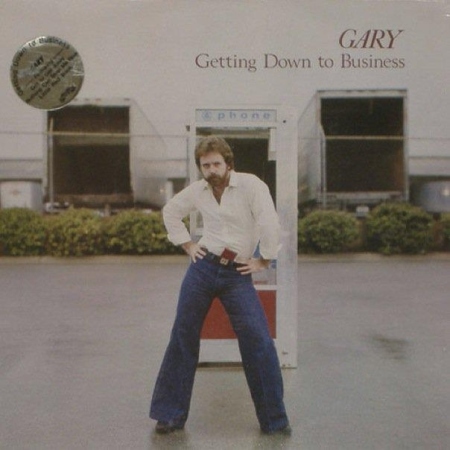Happy Friday! Today marks three years since I started my PhD. I’m setting an ultimatum.
Dear PhD, We’ve been together for three years now, it’s been a great journey, but I think it’s time to end things between us. What? You’re not ready for this? You’re disappointed I haven’t spent enough time on our relationship? I’ve worked hard, but yes, I admit, I could have done more. You want to give things another chance? I’ll give it 6 months. 9 months? Ok, 9 months, but that’s it. Then we’re done.
As you see, it’s complicated.
 More ‘theologygrams’ here.
More ‘theologygrams’ here.
On introversion
Caroline Gregoire 23 signs you’re secretly an introvert
On refugees
Shaun Crowe The failure of the refugee lobby
Julian Burnside Temporary protection visas won’t work
On the Bible
Michael Bird Romans 3:1-20, a paraphrase
“There is not one righteous man or woman, not a single one to be found. Nobody has any clue about God, there is a drought of spiritual seekers. Everyone has deserted God, they have become as worthless as stock options in Lehman Brothers; there are no good Samaritans; good people are more scarce than twinkies at a 7/11.
“Their throats are like a graveyard during a zombie apocalypse; their tongues practice more deceit than all the Governor of Illinois combined…
Matthew Barrett Dear Pastor, bring your Bible to church, and a response, Michael Bird Dear Presbyter, bring your scroll to church.
On progressivism
Nick Cater Progressive intolerance and the allure of righteousness
On bodies
David Berreby The obesity era
And so the authorities tell us, ever more loudly, that we are fat — disgustingly, world-threateningly fat. We must take ourselves in hand and address our weakness. After all, it’s obvious who is to blame for this frightening global blanket of lipids: it’s us, choosing over and over again, billions of times a day, to eat too much and exercise too little. What else could it be? If you’re overweight, it must be because you are not saying no to sweets and fast food and fried potatoes. It’s because you take elevators and cars and golf carts where your forebears nobly strained their thighs and calves. How could you dothis to yourself, and to society?
Moral panic about the depravity of the heavy has seeped into many aspects of life, confusing even the erudite.
Hebel The body of liturgy
On submission
I’m looking forward to this series by Rachel Held Evans Let’s talk about submission.
















